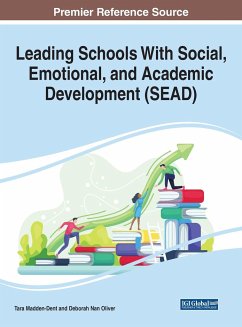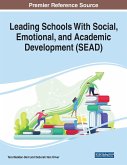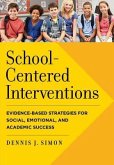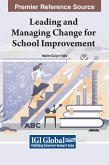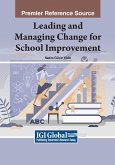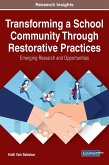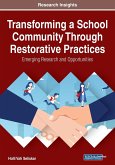There is a growing need for social, emotional, and academic development (SEAD) in classrooms, schools, districts, and state offices of public education, but educators struggle to find a resource that guides them on these specific challenges. Educators need valid resources as a means to better prepare themselves to use SEAD within their work and support student success. Tangible evidence-based practices on SEAD implementation and how it mitigates leading challenges in education is a current need in the research community. Challenges such as school safety, discipline and restorative practices, and workforce readiness are a few challenges that are currently in need of being addressed. SEAD in school systems may be a solution for some of these areas of concern as well as providing additional benefits for students, educators, and school systems. Leading Schools With Social, Emotional, and Academic Development (SEAD) provides theoretical and applied frameworks for evidence-based strategies to embed SEAD practices into sustainable and measurable high-impact systems. SEAD advancements and successful applications in increasing student academic achievement, campus safety and school climate, adult SEAD skills, and family/parent and community engagement are discussed. This book is ideal for in-service and preservice teachers, administrators, teacher educators, practitioners, researchers, academicians, and students interested in the applications and successful models of SEAD implementation in schools.
Hinweis: Dieser Artikel kann nur an eine deutsche Lieferadresse ausgeliefert werden.
Hinweis: Dieser Artikel kann nur an eine deutsche Lieferadresse ausgeliefert werden.
